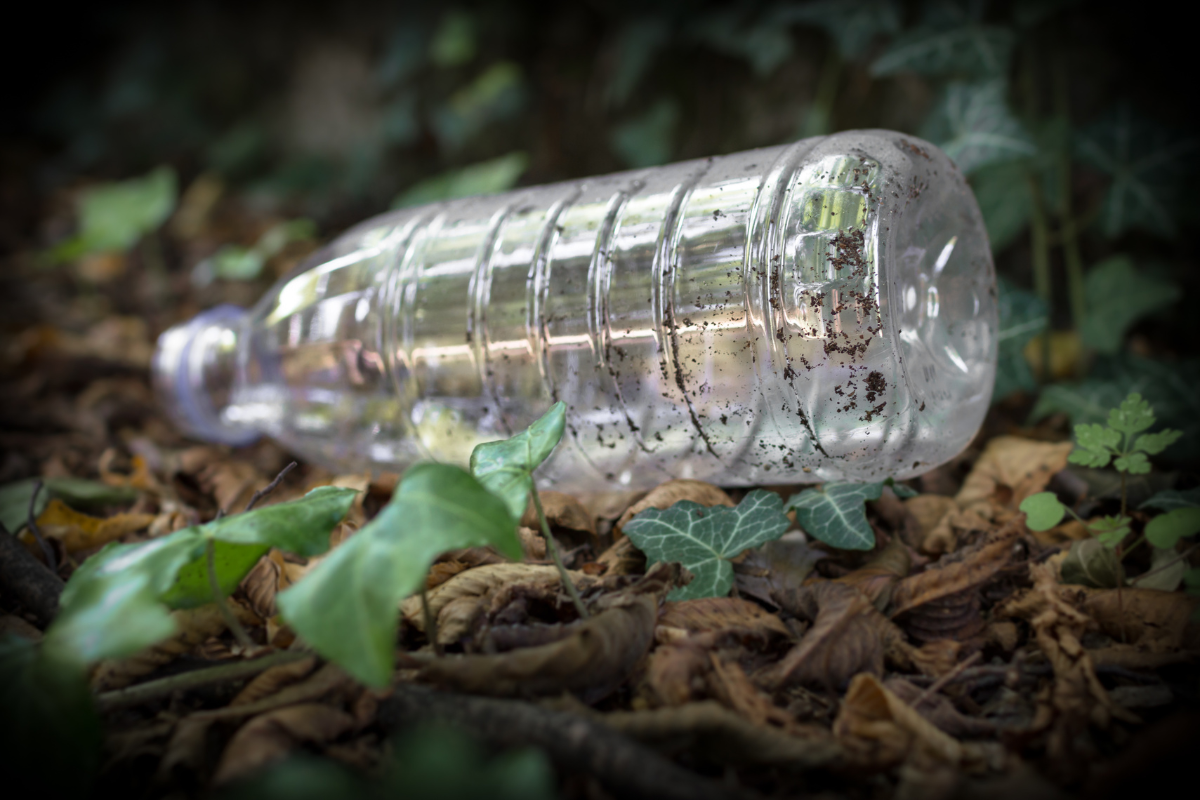
In a world grappling with the environmental consequences of excessive waste, adopting a zero-waste lifestyle has emerged as a powerful solution. A zero-waste lifestyle means reducing, reusing, and recycling to minimize the amount of trash sent to landfills. It is a conscious choice that not only benefits the environment but also simplifies our lives and promotes sustainable consumption. If you are ready to take steps toward a zero-waste lifestyle, here are some tips to help you get started:
- Assess your current waste: Begin by understanding your current waste generation. Take a week to go through your daily habits and track the items you throw away. This will help you identify patterns and areas where you can make the most significant changes.
- Embrace the Circular Economy: Zero-waste living revolves around the 5 R's: Refuse, Reduce, Reuse, Recycle, and Rot. Start with "Refuse" by saying no to single-use plastics and unnecessary packaging. Then, "Reduce" your consumption of items that lead to waste. Emphasize the reuse and recycling of products to extend their lifespan. Look for sustainable brands that support circularity by offering high quality, refurbished or upcycled items. Consider biodegradable products designed to naturally decompose over time, reducing their environmental impact.
- Choose rental services: Opt for rental services for items you don't use frequently, like automobiles, tools or equipment - and for every-day items like clothing and furniture. Renting reduces the need for ownership, which conserves resources and minimizes unnecessary waste.
- Invest in reusable essentials: Invest in reusable items like stainless steel water bottles, cloth grocery bags, and glass food containers for storage. It reduces waste and saves you money.
- Composting: Set up an easy-to-use composting system for organic waste like food scraps and yard trimmings in your home, turning waste into nutrient-rich soil for your plants and garden.
- Shop mindfully: When shopping, opt for products with minimal or recyclable packaging. Buy in bulk to reduce packaging waste, and choose products made from sustainable materials.
- DIY and upcycling: Get creative with do it yoursef (DIY) projects and upcycling. Turn old clothing and textiles into rags, repurpose glass jars for storage, or refurbish furniture.
- Say no to fast fashion: The fashion industry generates a significant amount of waste. Buy second hand as often as you can. When you buy new, support local, sustainable fashion brands, and buy clothing that lasts longer. 3-5 new items a year keeps you within the planet’s boundaries.
- Reduce food waste: Plan meals, store food properly, and use leftovers creatively. Composting can also help manage food waste. When buying foods, opt for minimal, biodegradable, or recyclable packaging. Remember, recycling of waste is not always the best solution.
- Switch to digital: Reduce paper waste by opting for digital services, subscriptions, e-books, and digital receipts. Use e-tickets and electronic boarding passes when traveling.
- Repair and maintain: Instead of replacing broken items, learn how to repair them or take them to a professional repair firm in your area. Extend the life of your belongings whenever possible.
- Educate yourself: Stay informed about sustainable practices and choices, available products and services, and properly dispose of your materials and goods.
- Workplace and community engagement: Engage yourself to promote zero-waste practices. Attend events, share your knowledge, and collaborate with others for better results.
Conclusion
A zero-waste lifestyle is not about achieving perfection but making conscious choices to minimize waste. By joining Fellow Future and implementing these different tips, you can reduce your environmental footprint, save money, and inspire others to do more and join the movement.
At Fellow Future, we support sustainable businesses and practices, and our partners offer carefully vetted products and services to assist you on your journey. Remember that every small change you make contributes to a better and more sustainable future. Start today and be part of the solution.

Author: Erika Johansson, Ph.D.
Title: Founder and CEO
Company: Fellow Future
Contact: info@fellowfuture.com





